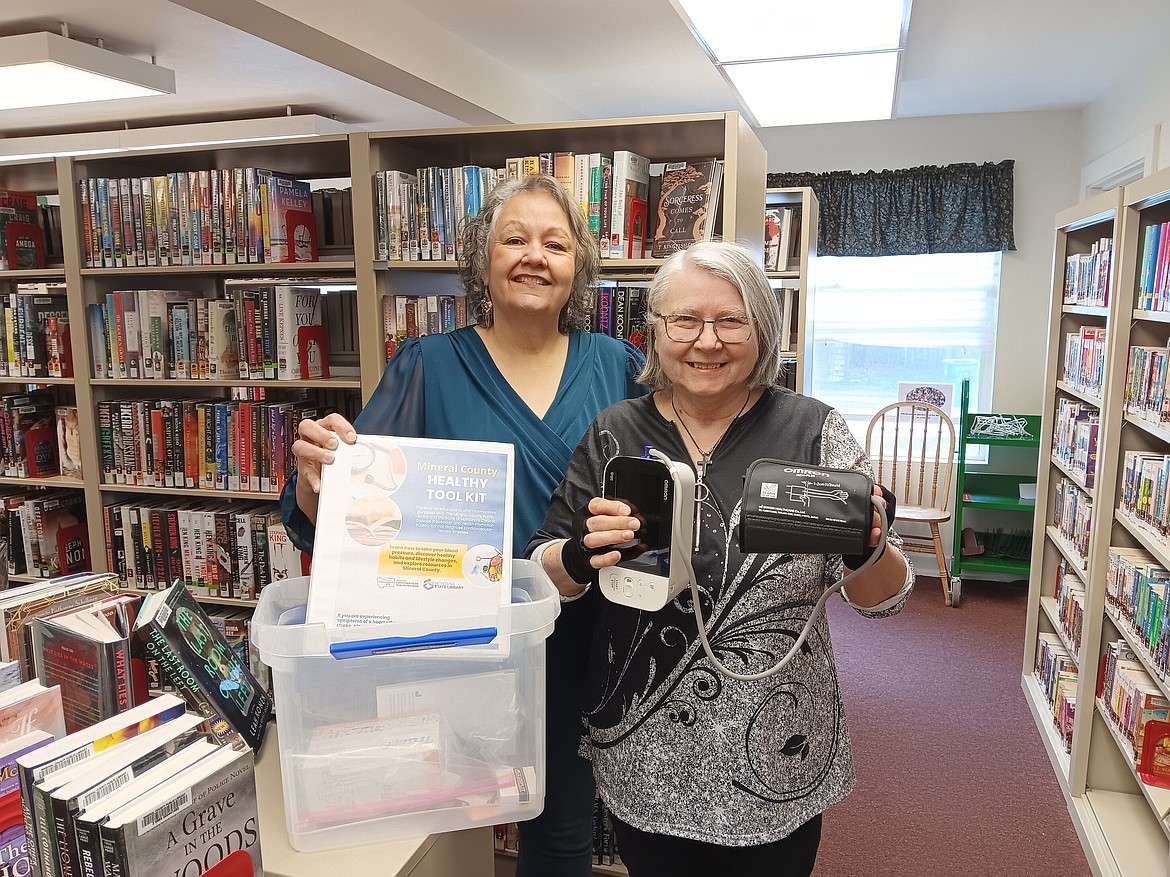Blood pressure kits available for check out
The State Library has distributed blood pressure kits to libraries across Montana, and the Mineral County Public Library is now offering these kits for checkout.
Each kit includes a blood pressure cuff, instructions and additional helpful resources. The kits can be borrowed for up to one week, though the checkout period may be adjusted once the State Library establishes a regular lending record.
High blood pressure (hypertension) is a leading risk factor for heart disease and stroke. Monitoring blood pressure at home is an effective way to manage hypertension and stay on top of your health.
Become a Subscriber!
You have read all of your free articles this month. Select a plan below to start your subscription today.
Already a subscriber? Login



